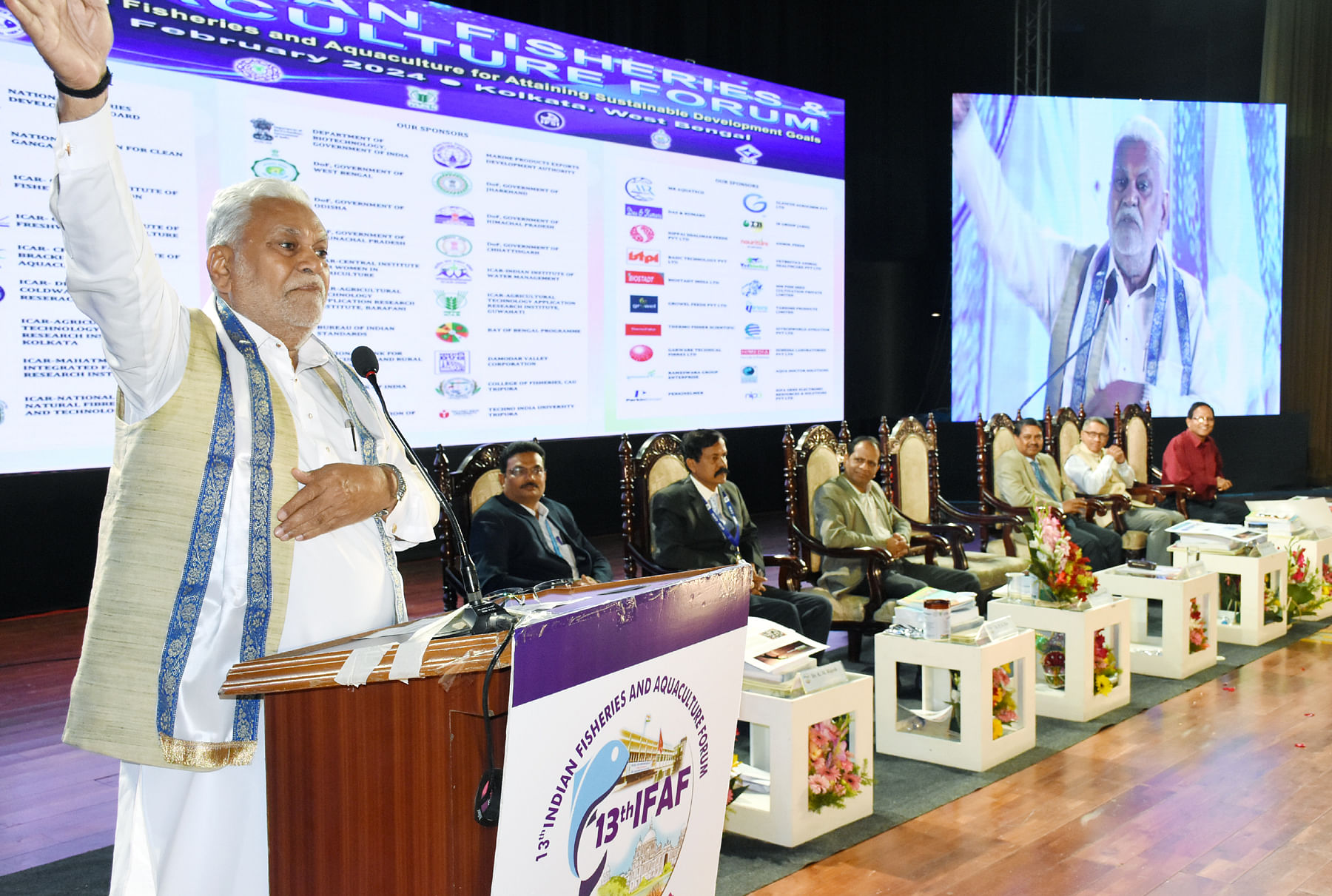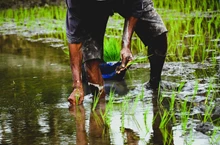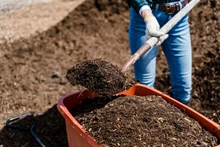
The stakeholders including researchers, government officials, farmers, industry representatives, civil society organizations, and students need to unite in the country’s efforts towards increasing production and maintaining sustainability in the fisheries and aquaculture sector urged the Parshottam Rupala, Minister of Fisheries, Animal Husbandry and Dairying, Government of India.
He was delivering his inaugural address at the 13th Indian Fisheries and Aquaculture Forum (February 23-24, 2024) organized on 23rd February by ICAR - Central Inland Fisheries Research Institute (ICAR-CIFRI) and two other esteemed collaborators at Biswa Bangla Convention Centre, Kolkata. He informed that fisheries and Aquaculture being a sunrise sector with a fast and sustainable growth rate of 10% will play a major role in realizing the vision of “Viksit Bharat@2047” of Prime Minister of India. He said, that to harness the potential of the sector, required strategies have been devised in the Prime Minister's Matsya Sampada Yojana (PMMSY) with adequate fund allocation.
The conference was structured in a unique manner with technical and e-poster sessions covering various themes to enhance fish production sustainably with inclusive growth including discussions on Small-scale Fisheries; Biotechnological interventions in Fisheries and Aquaculture; Advances in Fish Nutrition, Fish Health Management; Climate change; Fish Harvest and Post-Harvest Technology; ICT and Precision Farming; Social Science Research; Mariculture, Seaweed and Shell Fish Farming. It also included satellite symposia and conclaves to discuss various burning issues such as deteriorating river health and bio-diversity; Sustainable Fisheries and Aquaculture in Northeast India; Natural Farming in fish production, need for regular Industry - Researcher - Policy makers - Farmers interface; Women Empowerment in Fisheries.
From the three days of deliberations, it emerged that there is a need for future research in fisheries based on fishers’ needs; technologies to reduce post-harvest losses; the need for smart and digital marketing of fish and fish products with proper branding, exploring newer resources for fish production, establishing Matsya Vikas Kendras (MVKs) in the country akin to Krishi Vigyan Kendras (KVK), as a whole, a nature-friendly, climate-resilient, profit-making, gender equal fisheries sector with introduction of genetically modified species, smart and precise practices, proper regulatory mechanisms and skill development; with judicious and amicable sharing of common resources among the sectors in agriculture for higher production with a pragmatic roadmap for the Amritkaal.
On this occasion, two products developed by ICAR-CIFRI (Cifri-AlgaS+ & CFRI Aqua Promo) and various publications were released by the minister. Additionally, various awards were also presented to the scientists and two industry partners of ICAR-CIFRI, in the conference, for their achievements and contributions to the sector. About 1500 delegates from India and abroad including Galaxy of Scientists, Entrepreneurs, Fishers, and Fish farmers including 500 women, Scholars, Government Officials, Industrialists and Students attended the Conference.
Recommendations of the 13th IFAF
Indian fisheries are a sunrise sector with about 10% annual growth rate, and provide livelihood and quality nutrition to crores of families. Hence, India should leave no stone unturned to enhance fish production, and to promote fish consumption. All the available water resources, including Amrit Sarovars that have been dug in recent years, may be explored, and used for fish production.
Enhancing the knowledge and skills of fish farmers is critically important. For imparting skill and knowledge to crores of fishers and fish farmers towards achieving the 2nd Blue Revolution, the country needs to establish specialized training centers like Matsya Vikash Kendra, in line with Krishi Vigyan Kendra, especially in coastal and some of the inland states. Post-harvest loss in fisheries is very high.
To reduce post-harvest loss, the country must emphasize the development of processing technologies as well as modern physical infrastructures for processing wastes, fish drying, and by-product development. Researchers and State Departments should also stress quality fish seed production, diversification of fish species for culture, maintaining water quality, higher use of unconventional feed resources to reduce inter-sectoral competition, reduction market volatility, reduce disease loss, etc. and use of recent tools and techniques such as AI, robotics, remote sensing, genomics, nanoscience to make Bharat the leading fish producing country in the world.










